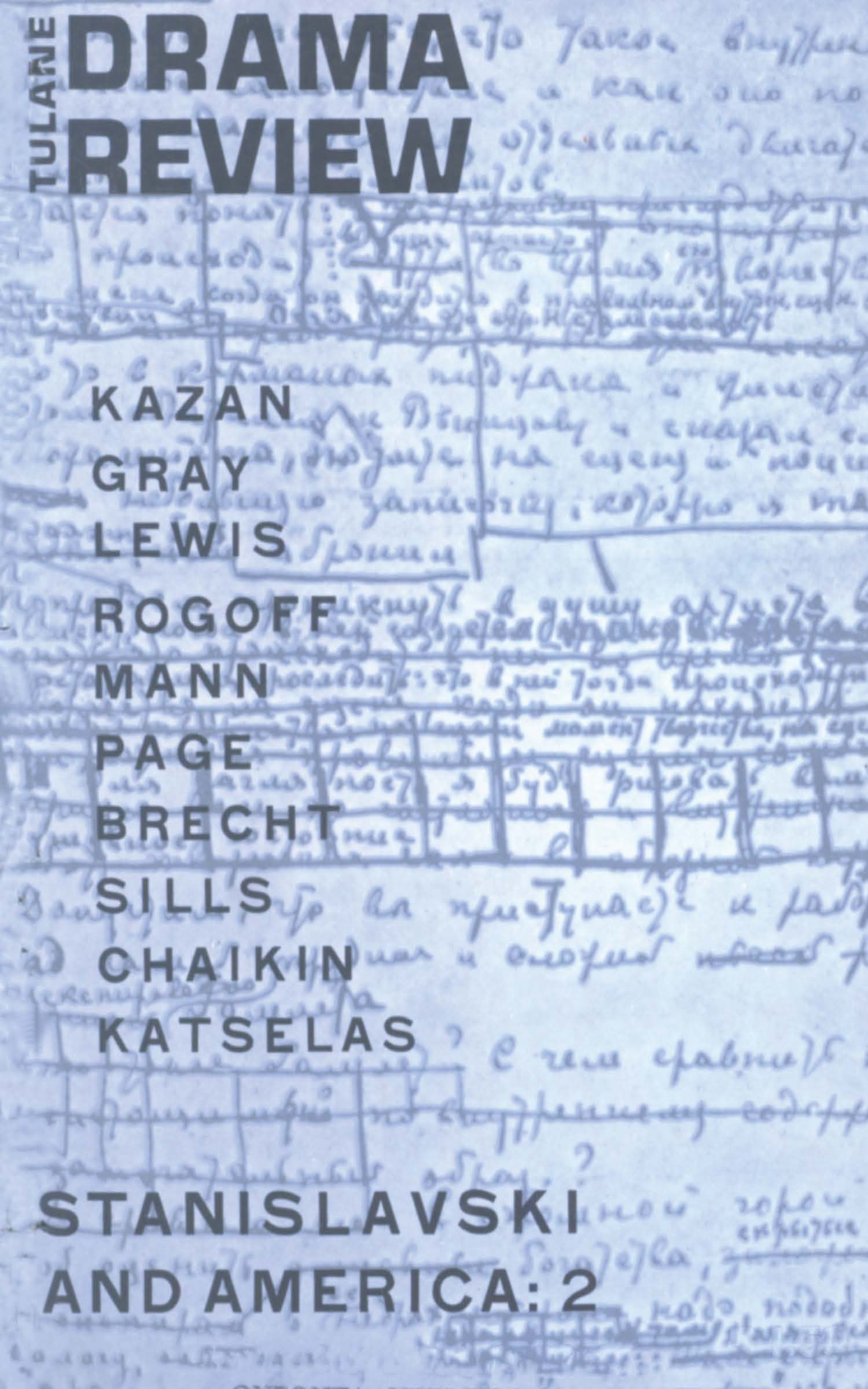Article contents
Extract
I “discovered” Giraudoux in the late nineteen-twenties when his Siegfried impressed me as an intelligent contrivance. His comment on the evils of nationalism did not exactly startle me with originality or stir me with passion, but he had an engaging way of projecting a point of view. He was suave, aloof, and ironic while other European pacifist playwrights of the period usually sputtered with anguish and worked themselves up to expressionistic frenzies of protest. He was as articulate as they were inarticulate, and as urbane as they were hysterical. The Giraudoux of my first encounter was an exquisitely civilized writer. And in contriving a tale of amnesia and mistaken identities in consequence of which a French soldier became a German after World War I, Giraudoux was plainly a “fabulist.” His favorite strategy, that of inventing or adapting a fable or myth, was also already in evidence, although Siegfried had originally been a novel by Giraudoux.
- Type
- Research Article
- Information
- Copyright
- Copyright © 1959 The Tulane Drama Review
- 1
- Cited by




